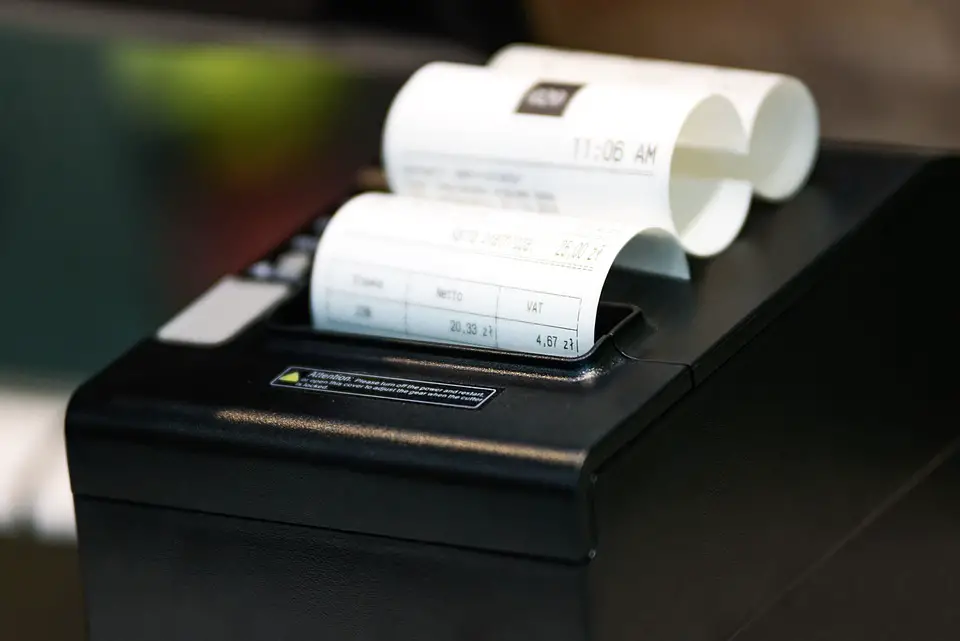As Poslovni Dnevnik writes, as of the 1st of July 2021, all consignments imported into the European Union (EU) from third countries and delivered on the basis of distance selling (e-commerce) will be subject to VAT on importation, in connection with which customs issued a comprehensive statement explaining in detail what is set to be paid for and charged when and how.
As of next Thursday, the VAT exemption on imports of goods of a non-commercial nature contained in small consignments, sent to the recipient as a letter or package whose total value does not exceed 22 euros or 160 kuna, will be abolished. This includes packages sent out for delivery before the 1st of July if customs don’t manage to process them before the aforementioned date.
How will VAT be calculated and paid when importing items which don’t carry a value exceeding 150 euros?
Given the extremely large number of such shipments and the need to simplify the collection procedure, in accordance with EU tax and customs rules, two methods of VAT collection have been prepared for packages being delivered to Croatia:
– Those with a special IOSS taxation procedure
– A special procedure for registration and the payment of VAT
Both methods can be applied to all commercial shipments, where commercial shipments are considered shipments purchased through distance selling if their actual (intrinsic) value does NOT exceed the amount of 150 euros (1,135.00 kuna).
These charging methods do NOT apply to alcoholic products, tobacco and tobacco products, or perfumes/eau de toilette.
What’s a special taxation procedure – IOSS (Import One Stop Shop)?
The special IOSS taxation procedure can be applied by persons performing the service of the distance selling of goods (eg the seller, the selling platform or another person), which will be imported into the customs territory of the EU. In doing so, these persons may have their registered office in the EU or outside the EU.
When applying this special procedure, the tax liability arises at the time of delivery, where the goods are considered delivered at the time of the acceptance of payment. This means that persons (taxpayers) who apply for the IOSS procedure will receive the necessary IOSS VAT. number when selling their goods at a distance to the buyer in order to charge VAT at the rate applicable to the recipient’s EU member state of residence/delivert.
In the above case, the price paid by the buyer from the EU to the seller (the item’s selling price) will include the amount of VAT on import into the EU, which the seller charges from the buyer, and then, through the IOSS system, reports and pays for these deliveries in one place.
When registering, the competent tax authority will assign the seller (or their intermediary) a unique identification number – the so-called VAT IOSS number. This number is assigned and used exclusively for the purposes of this procedure.
What’s the special procedure for the registration and payment of VAT on import (Eng: Special arrangements)?
If the special IOSS taxation procedure isn’t used, it’s then possible to apply a special procedure for the declaration and payment of the VAT on import (known as special arrangements).
This special procedure allows consignments in postal or urgent (courier) traffic to be declared to customs by a person (agent) acting on behalf of the person for whom the goods in question are intended (ie the buyer), whereby VAT is declared and paid in a simplified manner. This method (unlike IOSS) can be applied only if the shipment or transport of that particular shipment ends up being delivered to Croatia (meaning that it can’t be applied if it is a shipment whose destination is in another EU member state).
The person for whom the goods are intended (the buyer or recipient of those goods) is responsible for paying the VAT, while the person who declares the goods to customs in the country of import, collects the VAT from the person for whom the goods are intended and pays the VAT. The person who declares the goods to customs is a postal or express carrier (the so-called courier operator) who transports the consignment in question to the end customer – the consignee.
Therefore, the responsibility for paying VAT lies with the recipient of the shipment, who will pay the amount to the postal operator or express carrier (courier operator) at the time of delivery, and the postal operator or express carrier will pay the amount of VAT into the state budget. When applying this procedure of the declaration and payment of VAT on import, only the general VAT rate of 25 percent will be applied and it won’t be possible to apply a lower VAT rate.
What can actually be expected when it comes to items being delivered to Croatia from outside the EU after July the 1st, 2021?
The introduction of this new method throughout the EU will result in a dramatic increase in the number of declarations/charges on item import. As such, a daily increase in the number of declarations of around 7,500-10,000 is expected in Croatia alone. These newly introduced administrative actions related to VAT collection and the consequent huge increase in the number of electronic declarations requires the additional commitment of significant human and other resources and will inevitably lead to a longer duration of the procedure of the declaration and collection of import duties.
In order to speed up and simplify all collection procedures for items being delivered to Croatia, the Customs Administration has, over the past two years, developed IT applications and systems for the electronic notification of shipments before their submission to the customs authorities as well as new electronic declarations (H6 and H7).
These systems are built on the functional requirements provided by the European Commission. Consequently, the Customs Administration has successfully tested new systems and applications with the competent EC authorities and other legal entities that actively participate in these procedures (as a declarant, namely Croatian Post/Hrvatska posta and express delivery companies including: DHL, IN TIME, RHEA).
Aware of the increase in workload expected from the 1st of next month. The Customs Administration has provided an additional number of officials who will deal with this type of work and adjusted their working hours in order to do their part of the work quickly and on time with as few delays and waits as possible. Given the new administrative obligations that need to be implemented and the large number of shipments arriving, it is evident that the entry of small shipments into the EU will be slowed down after the 1st of July 2021, which may cause dissatisfaction among buyers of these shipments. But this is expected within the entire EU, so unfortunately Croatia and items delivered to Croatia are no exception.
For more, follow our lifestyle section.










